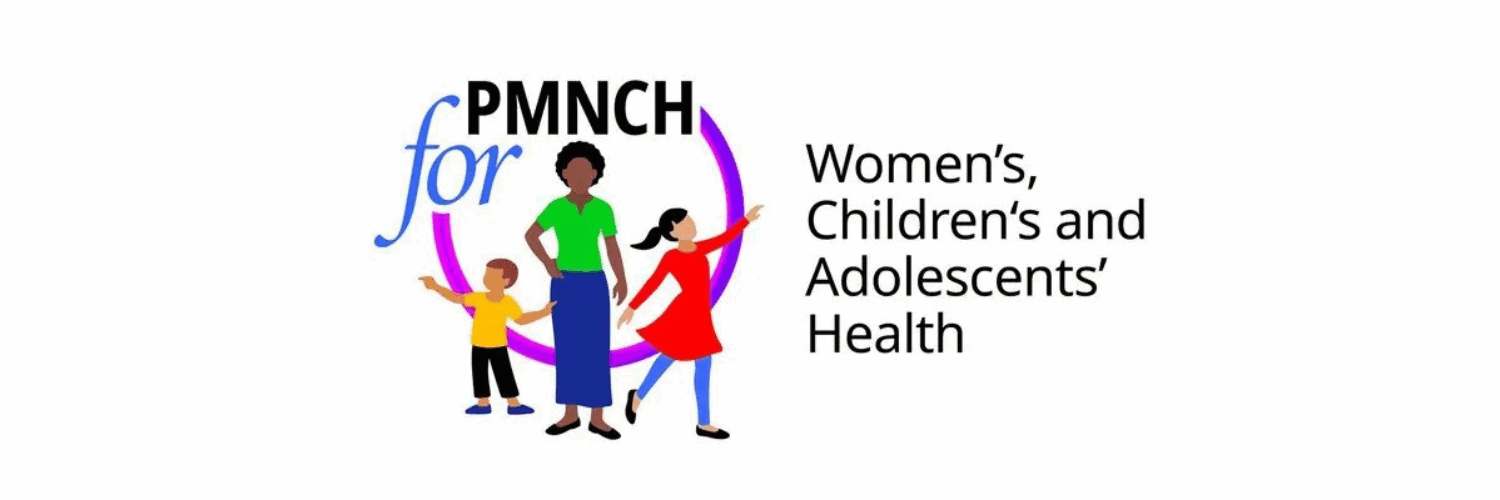WASHINGTON, D.C. August 22 (C-Fam) The world’s largest partnership for maternal and child health recently launched its updated strategy, committing to promoting abortion and gender ideology while opposing conservative and religious voices, which it describes as “anti-rights.”
PMNCH board chair Helen Clark, the former prime minister of New Zealand, wrote an editorial in The Lancet warning of a “cascade of global crises on every front,” including a backlash to efforts by multilateral organizations to impose abortion and gender ideology on their members: “International norms and laws are being deliberately subverted, including a concerted rollback on sexual and reproductive rights.”
The 2026-2029 strategy rightly notes that progress on reducing preventable maternal mortality around the world has stagnated in recent years, but rather than focus on the uncontroversial aspects of delivering quality medical care to women and children at risk, it doubles down on promoting some of the most contentious issues both at the UN and within countries.
PMNCH declares that its partners will “courageously champion” sexual and reproductive health and rights (SRHR), which is a term repeatedly rejected in international negotiations as it is understood to include abortion as a right, so-called “gender-affirming care,” comprehensive sexuality education, and other controversial issues.
Meanwhile, the strategy lists “conservative ideologies,” “religious fundamentalism,” and opposition to abortion and gender ideology as “threats” to achieving its vision of a world where “universal access to SRHR is upheld.”
The strategy further commits to expand SRHR funding, advocate for governments to remove restrictions on abortion, and promote SRHR in climate financing.
In taking this position, the PMNCH is placing itself in opposition to many of the governments of countries most in need of support to reduce maternal and child deaths, including many African nations whose people hold strong pro-life and pro-family views while struggling to escape poverty and ensure access to basic utilities and infrastructure, like access to clean water, reliable electricity, and timely transportation.
The Partnership for Maternal, Newborn, and Child Health (PMNCH), which is hosted by the World Health Organization (WHO) consists of over 1,400 partners, including UN agencies, national governments, nongovernmental organizations, donors, and others. It was founded in 2005, when the UN was focused on achieving the Millennium Development Goals (MDGs). Two of the eight goals were specifically focused on maternal and child health, respectively.
One of the PMNCH’s first actions was to issue a declaration urging the UN to expand the maternal health goal to include “universal access to sexual and reproductive health.” This subsequently happened, although the process lacked transparency and UN member states were not consulted.
Nevertheless, as data from the Gates Foundation’s 2023 Goalkeepers report on maternal and child health show, the greatest progress on reducing preventable maternal deaths was achieved from 2000 to 2015, the period of the MDGs. Since then, the issue of maternal health has fallen from one of eight MDGs to one of multiple targets under one of seventeen Sustainable Development Goals (SDGs).
While conflict, natural disasters, and a global pandemic have hampered progress, the dilution of maternal health within increasingly complex global frameworks and the deliberate hijacking of the issue by the global abortion lobby also threaten the achievement of what is, on its face, uncontroversial and universally popular.
View online at: https://c-fam.org/friday_fax/un-maternal-health-coalition-attacks-religious-voices/
© 2025 C-Fam (Center for Family & Human Rights).
Permission granted for unlimited use. Credit required.
www.c-fam.org









